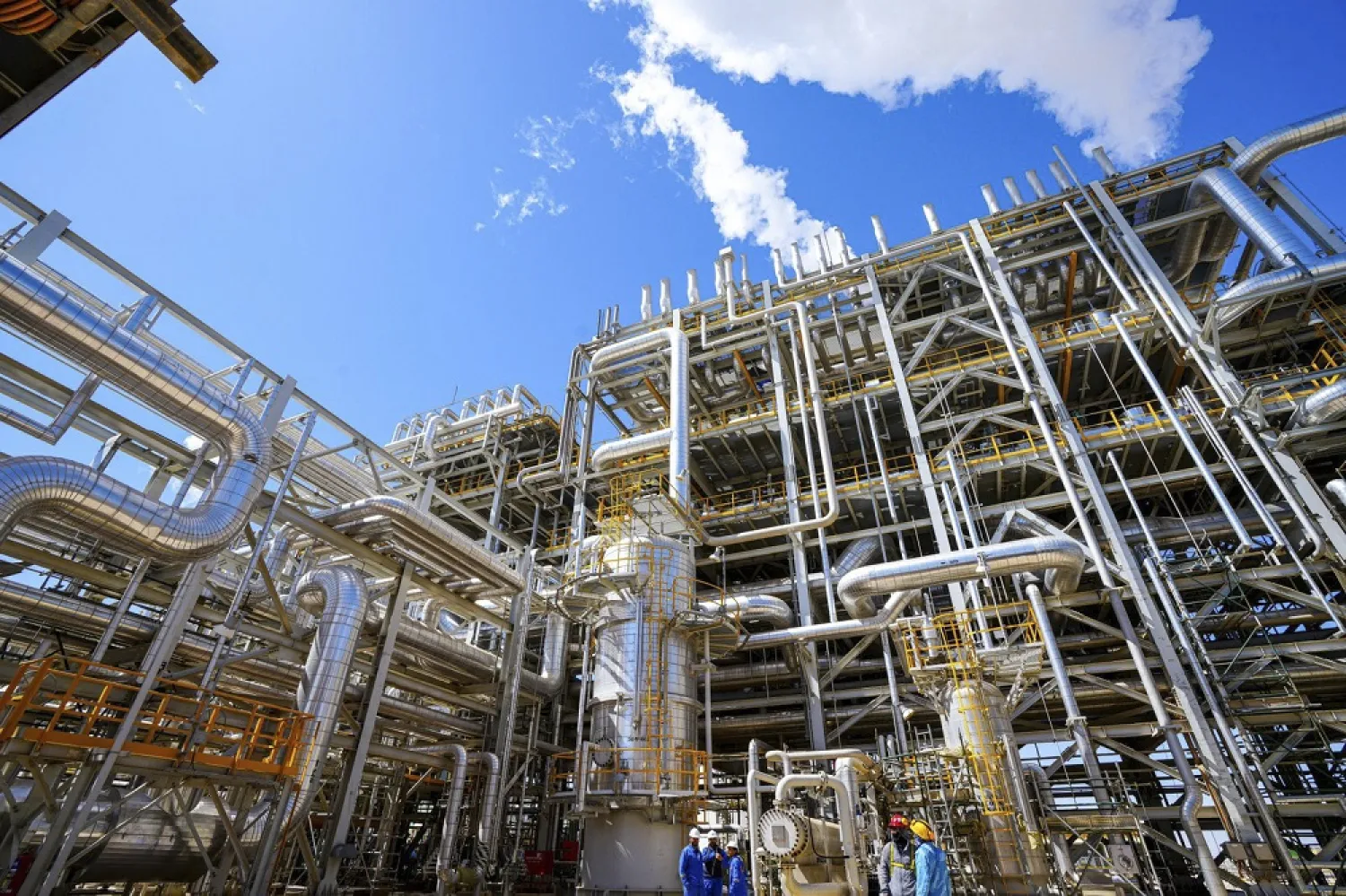Oil and economic experts confirmed that the voluntary oil production cuts taken by oil-exporting countries within OPEC+, starting May and continuing until the end of 2023, aim to achieve market balance.
Mubarak Alhajeri, a faculty member at Kuwait's College of Technological Studies, explained that the cut had shocked global markets in an apparent attempt to break the psychological and price barrier of Brent crude at $80 a barrel by reinforcing the balance between production and demand.
Alhajeri noted that the production cut was unexpected, contrary to what had been rumored about OPEC+ leaders recently, that they would not change their oil policies and would stick to the March-April 2023 plan.
He explained that the impact of this decision could be minor if the global economy slows down due to tight monetary policies and rising inflation indicators.
The oil economic landscape is ambiguous due to several reasons, said Alhajeri, adding that the most significant factor resides in initial reports indicating that the alliance’s production is approximately two million barrels below the agreed supply ceiling.
Furthermore, there are expectations that the production deficit will persist and eventually reach the production ceiling.
Alhajeri also cited the growing fears of a recession later this year due to the bankruptcy crisis facing several US and European banks and ongoing strikes in France, including at refineries, among the reasons for the uncertainty hovering over the oil economic scene.
He considered the timing of the production cut decision to be “critical” for the US, which is trying to refill its strategic reserves after its inventories reached their lowest levels since 1980, following the historic withdrawal decision last October aimed at curbing fuel price hikes.
The decision for the additional voluntary cut did not come out of the blue as it addresses the need to create a state of balance and price stability in the markets, said head of the Al-Shorouq Center for Economic Studies, Abdul Rahman Baashan.
Baashan highlighted that OPEC+, including Saudi Arabia and other major oil producers, has voluntarily reduced oil production by over one million barrels per day amid increasing geopolitical and geo-economic uncertainties.
This voluntary decision aims to promote stability in oil prices and markets.
By doing so, the global economy can strengthen its ability to overcome the challenges of ongoing wars and conflicts, which have disrupted the global energy market.
Speaking to Asharq Al-Awsat, Baashan emphasized that the voluntary decision aims to support the global energy crisis and enhance oil and petroleum product prices, which contributes to boosting the global energy sector and creating balance and stability in the market.
Thus, acceptable levels of global oil prices are maintained, consistent with changing global political shifts.
In statements to Kuwait’s official news agency, KUNA, Ahmed Al-Kouh, a petroleum engineering professor at the Public Authority for Applied Education and Training in Kuwait, said that the production cut decisions “surprised” all oil circles.
Al-Kouh praised OPEC+ for its “quick reading” of the economic situation and global oil demand, especially after the announcement of several multinational banks’ bankruptcies and increased expectations of a decline in global oil consumption in the near future.
He viewed the preemptive move to cut production as a “bold and successful” decision that serves the interests of oil-producing nations, while also considering the global markets and significantly supporting oil prices.
This move would balance demand and production levels, stressed Al-Kouh.
Speaking from Dubai, President of the Kuwait Business Council Feras al-Salem emphasized the importance of maintaining balance in oil markets.
He also stressed the need to support exploration and production investments to provide the world with sustainable oil supplies and their derivatives.
Moreover, al-Salem asserted that OPEC committees raise their recommendations in highly transparent technical reports.









